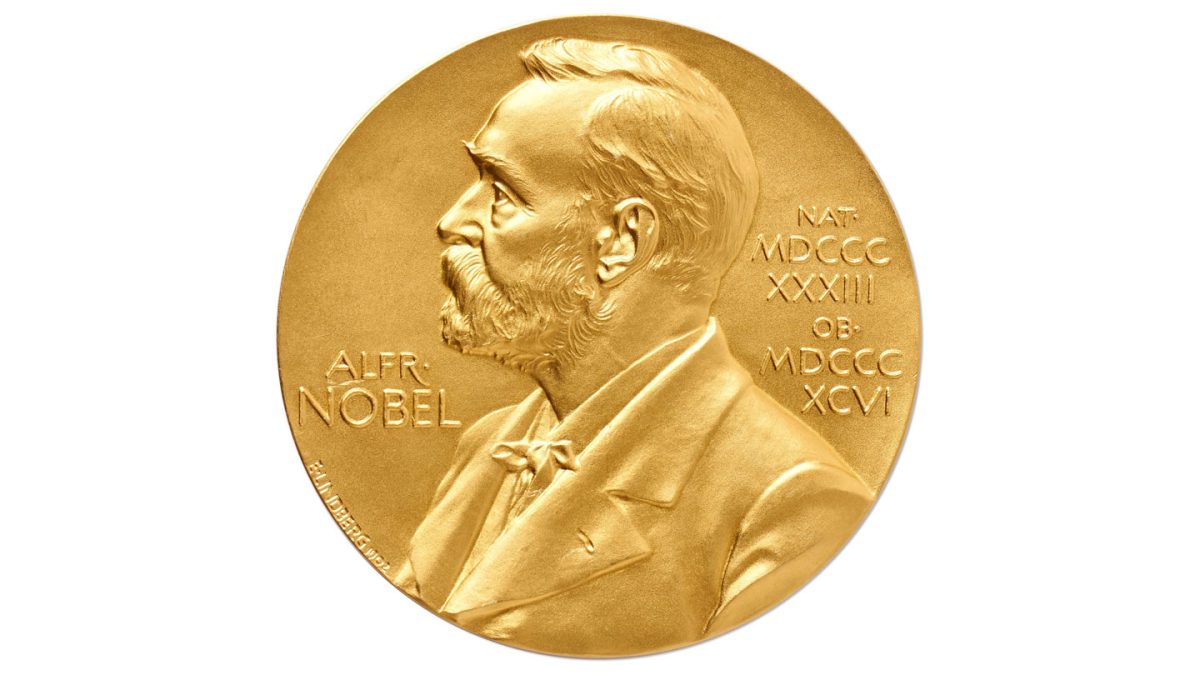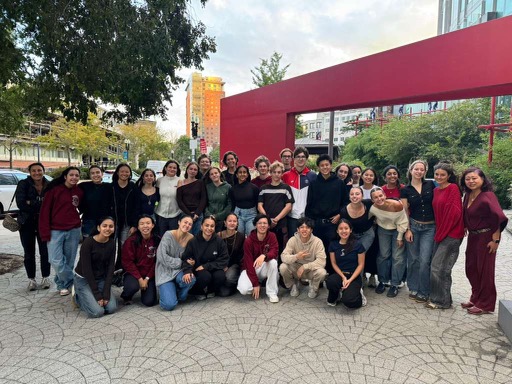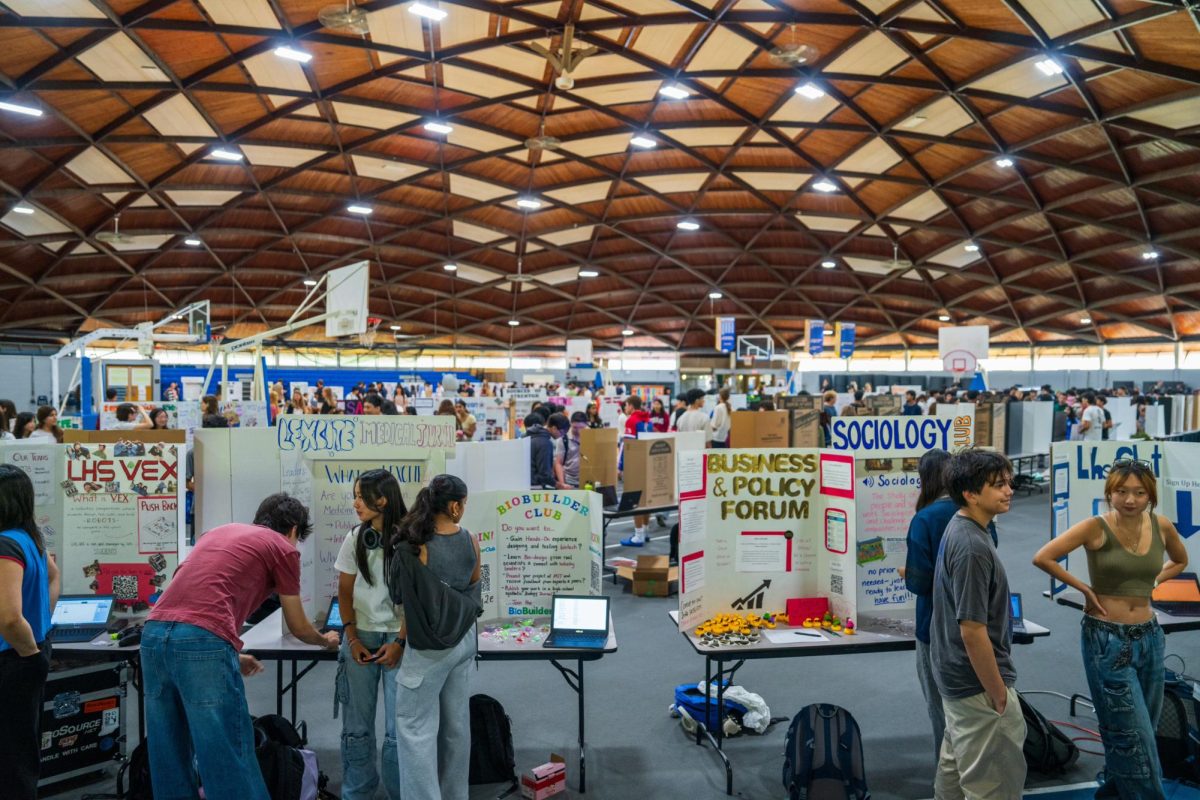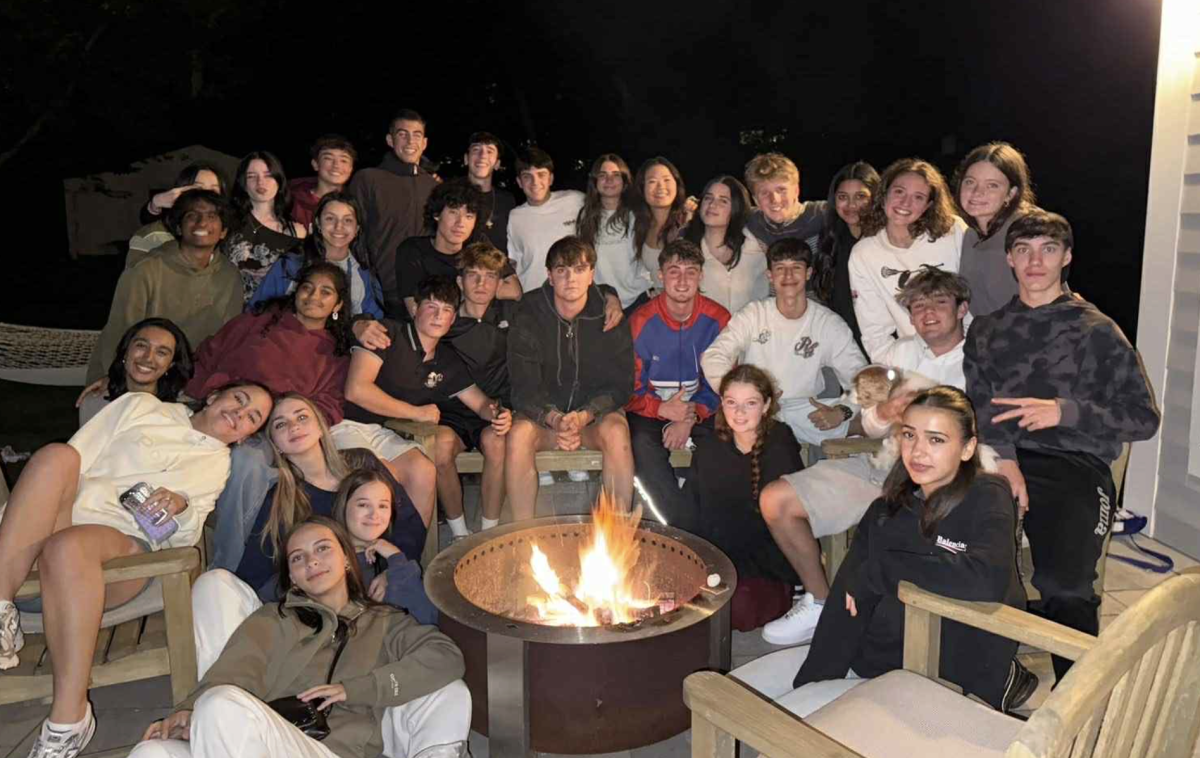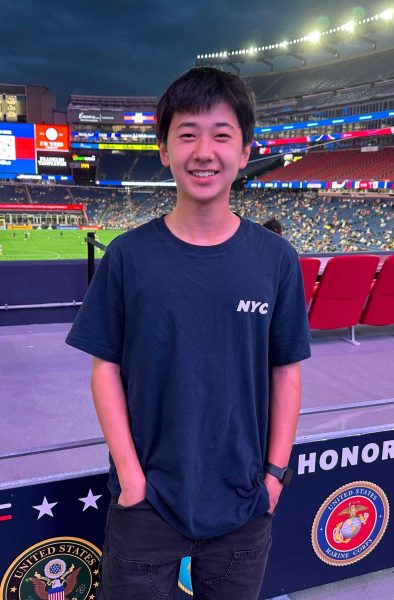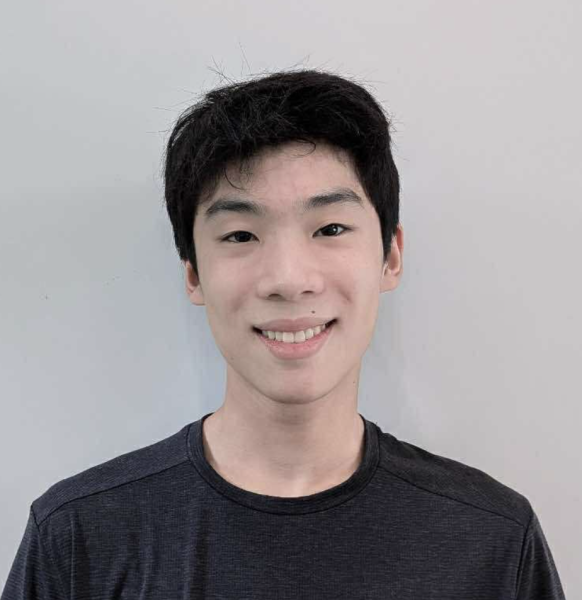With the 2025 Nobel Prize winners being announced last week, many may be thinking more futuristically about the trajectory of science and innovation. And while the Nobel Prizes are awarded annually, with seemingly endless advancements in all fields, it’s exceptional when Lexington’s own wins the prestigious international awards. As such, it is a source of pride to look back on the past and remember the contributions that Lexingtonians have made to our society.
In 2022, Carolyn Bertozzi, a 1984 LHS graduate, won the Nobel Prize in Chemistry. The following year, Drew Weissman, a 1977 LHS graduate, was awarded the Nobel Prize in Physiology or Medicine.
Bertozzi, a professor at Stanford, worked on simplifying the process of building complicated molecules. By developing “click chemistry” alongside Morton P. Meldal and Karl Barry Sharpless, she created a method that utilizes highly efficient reactions to join small molecular units.
Additionally, Bertozzi founded the field of bioorthogonal chemistry, a process that involves “click chemistry” reactions, specifically those that can occur within living organisms without disrupting the normal functioning of their cells. This form of chemistry is now utilized in the research and study of cells and the monitoring of biological processes. With bioorthogonal chemistry, “researchers have improved the targeting of cancer pharmaceuticals, which are now being tested in clinical trials,” the Nobel Prize press release said.
Weissman’s work involved mRNA in the human body, helping create mRNA vaccines. In 2005, Weissman, in conjunction with Katalin Karikó, discovered that modifications of the building blocks of mRNA could prevent inflammatory reactions and increase protein production, meaning mRNA can trigger immune responses.
Major pharmaceutical companies used Weissman’s research as the basis for developing vaccines against COVID-19.
“The laureates contributed to the unprecedented rate of vaccine development during one of the greatest threats to human health in modern times,” the Nobel Prize committee said.
Both Bertozzi and Weissman have made landmark contributions to their respective fields and have undoubtedly shaped the future of science. Their success serves as a powerful reminder that Lexington continues to foster the next generation of leaders and innovators, with LHS students holding the potential to make a lasting impact in the world.

